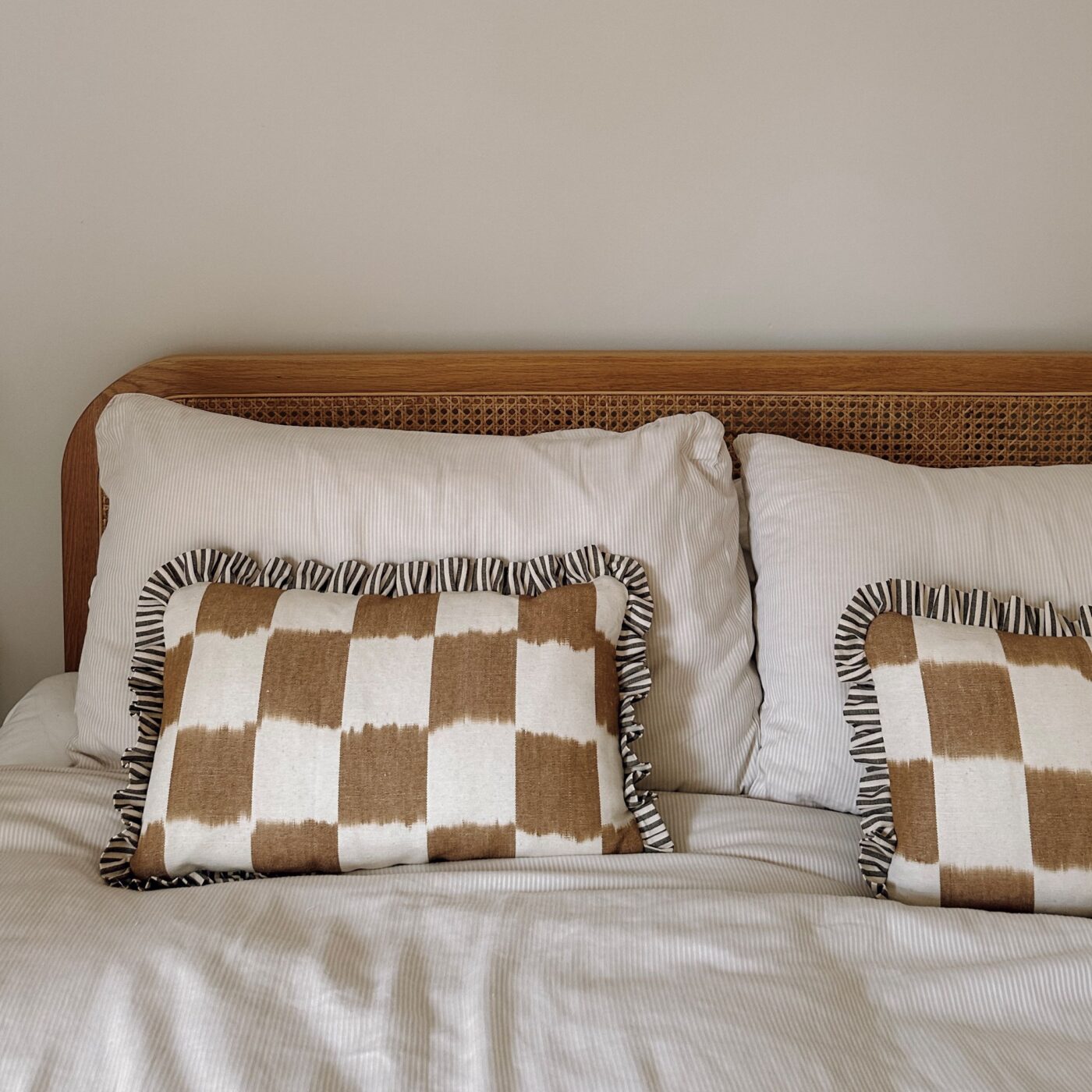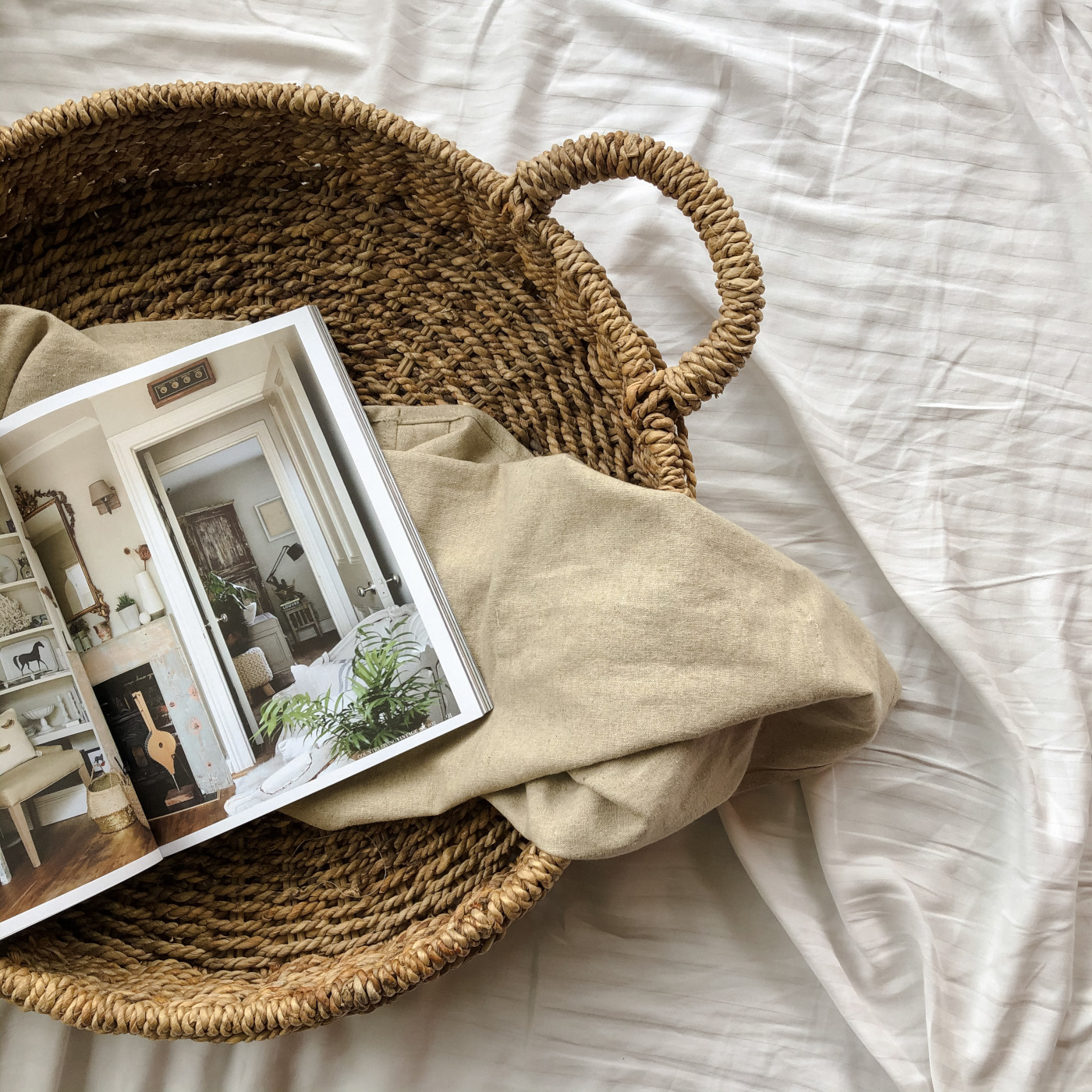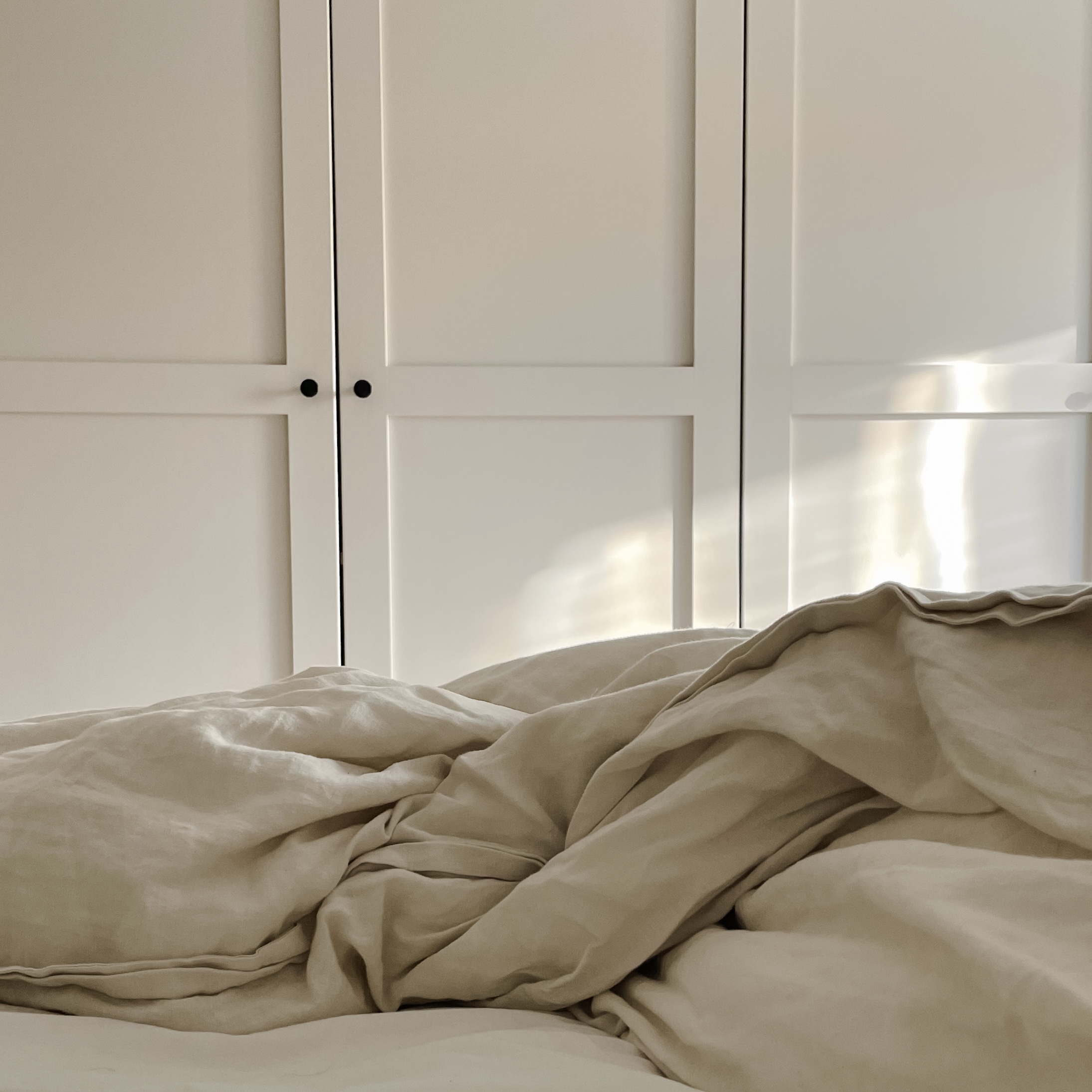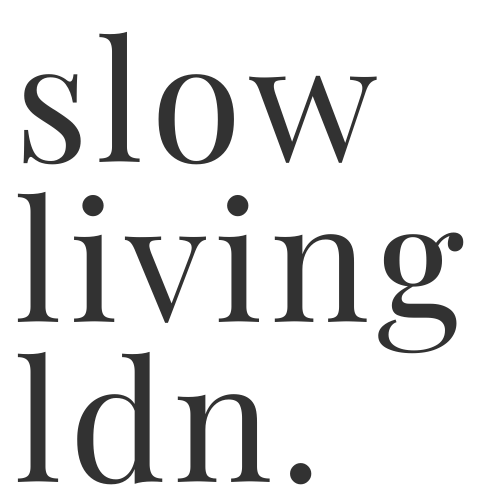You have no items in your cart. Want to get some nice things?
Go shopping
Our warm beds never feel so difficult to leave as on a winter’s morning. Chilly temperatures aside, research suggests that there’s a reason why many of us may feel sluggish during those pre-sunrise starts. And it’s all to do with the seasonal cycle of the sun.
How much rest we need changes with the seasons
The modern conveniences that we’re all thankful for on wintery days, namely electricity and central heating, allow us to keep similar daily routines to the warmest, longest days of summer. Yet, our bodies are programmed to interpret the changing light levels and colours throughout the day from sunrise to dark; an inheritance from our ancient ancestors. Bright light during the daytime has a cool undertone, signalling to us to be alert. During winter, the hours of darkness are longer, while there are fewer hours of bright light, leaving us wanting to sleep for longer.
Artificial indoor lighting, such as from our devices, can also interrupt this natural sleep-wake cycle, also known as our circadian rhythm. Melatonin, often dubbed the ‘sleep hormone’, is produced by the pineal gland in the brain, primarily in response to darkness. As we’re exposed to decreasing light levels, the production of melatonin increases, signalling to our body that it’s time to get some shuteye. Artificial light can impact the timing of our sleep-wake cycle and the release of melatonin. Researchers found that during days of shorter daylight and longer nights, melatonin was secreted for a greater period, suggesting the need for more sleep during the winter.
In 2023, a new study also found that participants with sleep difficulties experienced 30 minutes more REM sleep in winter than summer. While it wasn’t deemed statistically significant and more testing would be required with those who do not suffer from sleep difficulties, researchers recorded that participants on average slept for an hour longer in winter than in summer.
Dr Dieter Kunz, author of the study published in the journal Frontiers in Neuroscience, summarised: “Even though we still perform unchanged over the winter, human physiology is down-regulated, with a sensation of ‘running-on-empty’ in February or March.
In general, societies need to adjust sleep habits including length and timing to season, or adjust school and working schedules to seasonal sleep needs.”


Practising rest in winter
While humans don’t need to hibernate or enter dormancy to survive the winter, we’re wired to require more rest due to the lower light levels throughout the day. Ignoring these natural light cycles and pushing ourselves to be as productive as during the warmer, lighter months, may leave us feeling burned out. Taking our cues from nature, winter is a time to preserve energy for the growth and renewal to come in spring and summer.
“For many of us, the pace of the world makes it challenging to slow down and allow bodies and minds time to become accustomed to the colder months. Electricity, lighting and central heating are all modern conveniences that make our Winters easier to survive, of course – but they also mask our inner signals to slow, rest and revive.
I’m certain this is why many of us are left feeling low in the Winter months: the world keeps turning and we are expected to carry on at the same pace, lest we be left behind.”
Rosie Steer, Slow Seasons
Reducing our calendar of social commitments and going to bed an hour earlier are two simple ways to help us adapt to the extra rest we need in winter. Taking a slow living approach to winter is to adjust our expectations of how much we might achieve versus during longer, warmer days later in the year. In January, this feels very much at odds with the concept of a new year and the pressure to start achieving goals. Choosing a word of the year and adopting a more holistic view of the twelve months to come can help you pace yourself and accept that different seasons represent different energy.
While winter often feels like the time to retreat from the outside world completely, many researchers are in agreement that exposure to bright daylight can improve sleep quality and makes you feel sleepier sooner. However, they acknowledge that time spent outdoors may coincide with physical activity of some sort too which will also contribute to making you feel tired earlier. Getting outdoors during the winter months when we can, especially during the brightest parts of the day, can help us achieve better quality rest, as well as connecting with the season unfolding around us.
For more inspiration, visit our guide to seasonal living and the benefits of living in rhythm with the pace and patterns of nature. Or, elevate the everyday with our winter tablescape ideas.
More seasonal guides:
